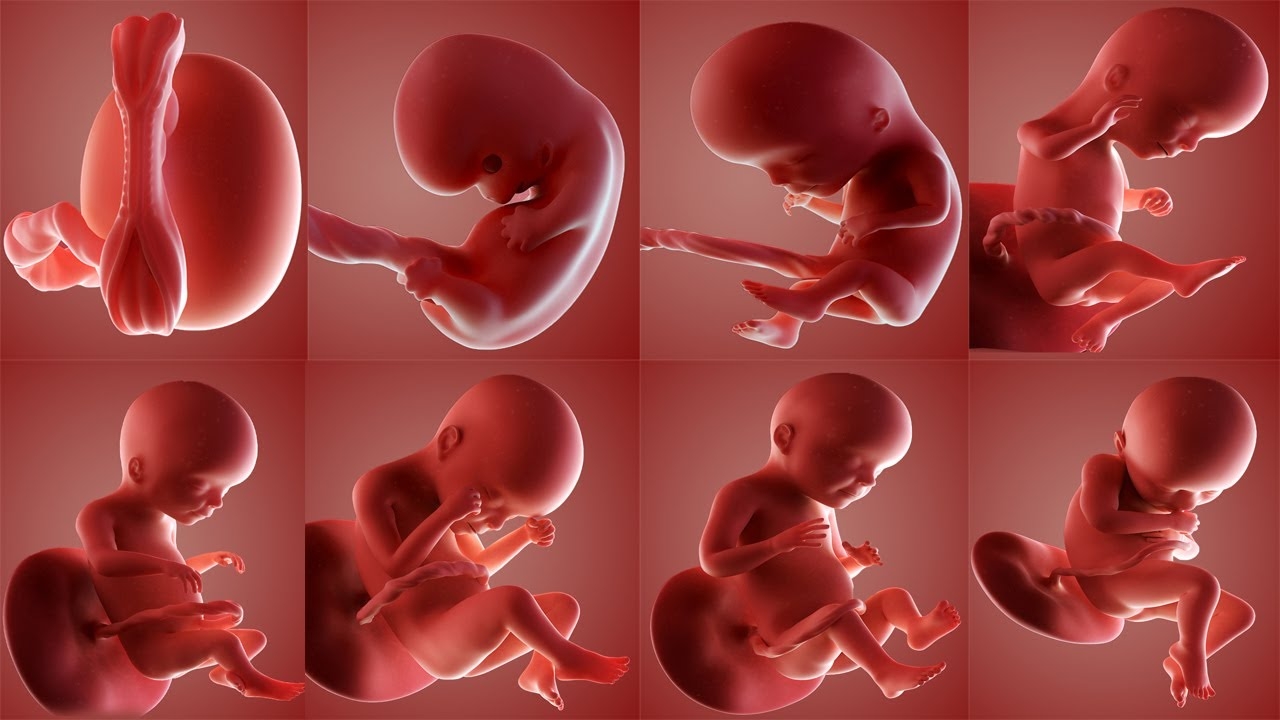
Babies are miraculous creatures that never cease to amaze us. From their first breaths to their first steps, every milestone in a baby’s development is a wonder to behold. But have you ever wondered just how a baby develops? In this comprehensive guide, we’ll take a look at every stage of development, from conception to birth and beyond.
Table of Contents
Conception
It all starts with conception. When a sperm fertilizes an egg, a new life is created. The fertilized egg, or zygote, then begins to divide and multiply rapidly. This process of cell division is known as mitosis.
As the zygote continues to divide, it travels down the fallopian tube towards the uterus. Along the way, it undergoes several stages of development. By the time it reaches the uterus, it has become a blastocyst, a ball of cells that will eventually form the baby.
Implantation
Once the blastocyst reaches the uterus, it must implant itself into the uterine wall. This process is known as implantation. It occurs about 6-10 days after conception.
During implantation, the blastocyst secretes enzymes that allow it to burrow into the uterine wall. Once it is firmly implanted, it begins to receive nourishment from the mother’s blood supply.
Embryonic Development
Once the blastocyst has implanted itself, it begins to undergo rapid and complex changes. At this stage, it is known as an embryo.
During the embryonic stage, which lasts from about 2-8 weeks after conception, the embryo develops all of its major organs and body systems. This is a critical time in development, as any disruptions or abnormalities can lead to birth defects or miscarriage.
Fetal Development
After the embryonic stage, the developing baby is known as a fetus. This stage lasts from about 9 weeks after conception until birth.
During the fetal stage, the baby continues to grow and develop. It becomes more complex and sophisticated, with all of its organ systems functioning together. The fetus also begins to develop its own unique personality and traits.
Birth
Finally, after 9 months of development, it’s time for the baby to be born. The process of birth is both beautiful and challenging, as the baby must navigate its way through the birth canal and into the world.
Once the baby is born, it enters a whole new stage of development. It begins to learn and grow at an incredible rate, developing new skills and abilities every day.
Frequently Asked Questions

Q: How long does it take for a baby to develop?
A: A baby takes about 9 months to develop, from conception to birth.
Q: What happens during the embryonic stage?
A: During the embryonic stage, the developing baby develops all of its major organs and body systems.
Q: How does a baby develop in the womb?
A: A baby develops in the womb through a process of cell division and differentiation, eventually forming all of its major organs and body systems.
Q: When is a baby considered a fetus?
A: A baby is considered a fetus from about 9 weeks after conception until birth.
Q: What happens after a baby is born?
A: After a baby is born, it enters a whole new stage of development, learning and growing at an incredible rate.
In conclusion, the development of a baby is an incredible and complex process that spans many months. From conception to birth and beyond, every stage of development is a wonder to behold. By understanding the stages of development, we can better appreciate the miracle of life.
